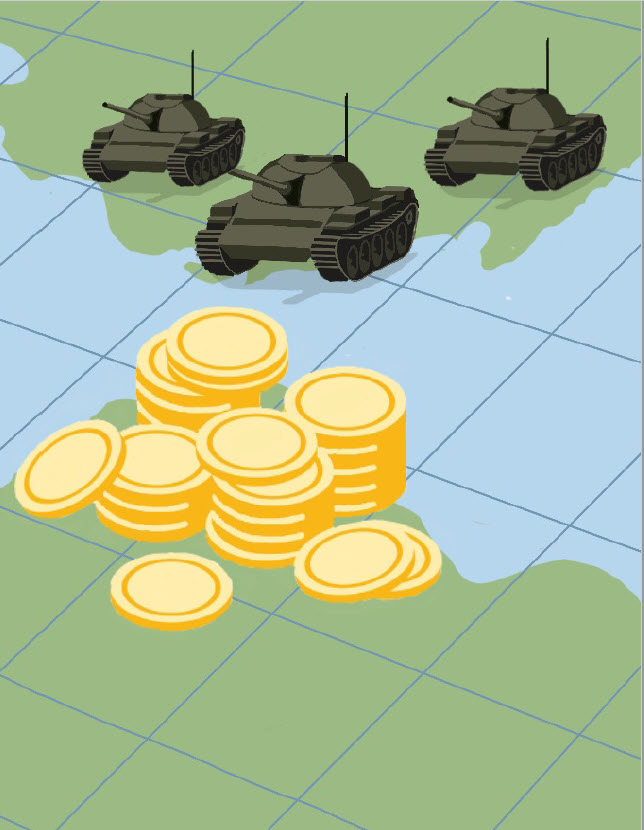Comparing the European Union’s Sanctions Against Russia in 2014 vs. 2022
Energy Dependence as a Tool of Political Divergence
Abstract
The Russia-Ukraine War, stemming from the illegal annexation of Crimea in 2014, encountered a turning point on February 24, 2022, when Russia launched a full-scale invasion of Ukraine. This paper conducts a comparative analysis of the economic sanctions imposed by the European Union (EU) against Russia in 2014 and 2022 and shows that energy dependence in Europe is a heavy influence on EU-Russian policy. The evidence suggests that, following 2014, EU countries prioritized their economic interests over human rights interests and continued to expand energy imports from Russia, disregarding Ukrainian sovereignty and failing to implement comprehensive sanctions. This was partly due to the fact that energy dependence was a tool for political divergence within the EU. In contrast, the traditional warfare in 2022 was seen as a disruption to the international order, leading the EU to impose harsh, punitive sanctions. These actions came at a cost as its reliance on Russian energy caused an EU energy crisis. Nonetheless, a silver lining in
EU energy policy emerges as the region halts Russian manipulation, ensures energy security, and accelerates the transition to renewable energy sources.
Downloads

Downloads
Published
Issue
Section
License
Copyright (c) 2023 Jacqueline Pelayo

This work is licensed under a Creative Commons Attribution-NonCommercial-NoDerivatives 4.0 International License.

